Overview
Choosing the right pocket knife involves understanding your lifestyle needs, whether for everyday carry, outdoor use, or crafting. Key features to consider include blade material, size, handle design, and lock mechanism. Assess brands for craftsmanship, warranty, and reviews. Budget ranges from $20 for basic models to over $150 for premium knives. Proper maintenance is essential for longevity, including cleaning, sharpening, and storage. The perfect pocket knife is a blend of functionality and artistry, especially with handmade options.
Frequently Asked Questions
1. What should I consider before choosing a pocket knife?
2. What is an Everyday Carry (EDC) knife?
3. What materials are commonly used for pocket knife blades?
4. Why should I choose handmade knives?
5. What are the maintenance tips for keeping my pocket knife in good condition?
Choosing the perfect pocket knife can be overwhelming due to the vast selection available today. Each knife is designed with different purposes in mind, catering to a wide array of lifestyles. If you find yourself caught in this myriad of choices, fear not! This guide will help you navigate through the features, materials, and styles of pocket knives, ultimately leading you to your ideal companion. The right knife not only serves a functional role but can also represent craftsmanship, such as the charm of handmade knives that add a unique touch to your collection.
Understanding Your Lifestyle Needs
Before diving into the world of pocket knives, consider your daily activities and how a pocket knife would fit into your lifestyle. Will you be using the knife for everyday tasks, outdoor adventures, or perhaps for intricate projects? Knowing the primary purpose can help narrow down the options significantly.
Everyday Carry (EDC)
If your goal is to carry the knife daily for general tasks like opening packages, cutting ropes, or preparing simple meals, then a compact and lightweight EDC knife is ideal. Look for folding knives that can easily fit in your pocket or clip onto your belt.
Outdoor and Camping Use
For those who love the outdoors, especially camping or hiking, a sturdier knife is essential. Consider a multi-tool pocket knife which combines several functions into one, such as screwdrivers, can openers, and bottle openers alongside traditional knife blades. These handmade knives often boast superior durability and functionality, making them a must-have for adventurers.
Hobbyist and Crafting Applications
Hobbyists requiring precise cuts for carpentry, art, or crafts should consider a knife designed specifically for detailed work. A scalpel-like blade or a utility knife would be appropriate here, offering precision and control. Often, handmade knives are crafted with specialized blades to cater to these niche activities.
Key Features to Consider
Once you have determined how you plan to use your pocket knife, you can delve into the features that make each knife unique. Below are some essential attributes you should consider during your selection process.
Blade Material
The material of the blade greatly affects the knife's performance and longevity. Common blade materials include stainless steel, high-carbon steel, and even specialized alloys. While stainless steel is resistant to corrosion, high-carbon steel typically offers a sharper edge, maintaining its sharpness for longer but requiring more upkeep. Consider the typical usage of the knife when deciding on the material:
- Stainless Steel: Good for general use, easy to maintain.
- High-Carbon Steel: Excellent edge retention but prone to rust.
- Alloy Steels: Often combine the best of both worlds, offering durability and resistance.
Blade Size and Shape
The size and shape of the blade can greatly influence its functionality. Larger blades might be used for heavy-duty tasks, while smaller blades are convenient for precision cutting. Each shape serves different purposes:
- Straight Edge: Ideal for general cutting tasks.
- Serrated Edge: Best for cutting through tough materials.
- Drop Point: Versatile and often used in outdoor knives.
Handle Material and Design
The handle of the knife should provide a comfortable grip and excellent ergonomics. Handles can be made from various materials such as wood, plastic, or metal. Consider the following:
- Wood: Offers a classic aesthetic, often found in handmade knives.
- Plastic: Lightweight and durable, often seen in tactical knives.
- Metal: Sturdy and ideal for heavy use, though it may be heavier.
Lock Mechanism
Safety is paramount in any pocket knife. A reliable locking mechanism can prevent accidental blade closure, ensuring a more secure operation. Look for knives with the following lock types:
- Liner Lock: A common design that offers good security.
- Frame Lock: Features a thicker lock bar for durability.
- Back Lock: A traditional and reliable design.
Assessing Brands and Craftsmanship
Choosing a reputable brand can directly impact the quality you receive. Knives crafted by skilled artisans often reflect superior craftsmanship, particularly in the case of handmade knives. Here’s what to look out for:
Warranty and Customer Reviews
Always check if the manufacturer offers a warranty for their products. Customer reviews can also provide insights into the knife's performance and reliability. This feedback can help validate whether the knife is worth the investment.
Local vs. International Brands
Consider purchasing from local artisans or shops that specialize in handmade knives. Not only will you often receive a unique piece, but you also support small businesses and local craftsmanship. Each knife has its own story; the artistry behind it adds value beyond mere functional use.
Understanding the Price Range
Budget is an essential factor when selecting a pocket knife. Here’s a guide to what you can expect to find at different price points:
- Entry-Level ($20 - $50): Basic material and functionality; good for casual users.
- Mid-Range ($50 - $150): Better materials, ergonomics, and construction; ideal for regular use.
- High-End ($150+): Premium materials and meticulous craftsmanship; perfect for collectors and enthusiasts, especially handmade knives.
Maintenance Tips for Your Pocket Knife
Owning a pocket knife is a commitment to upkeep if you want it to last a lifetime. Here are some tips to keep your knife in top condition:
Cleaning
After each use, it’s crucial to clean your knife with warm water and mild soap. Avoid using harsh chemicals that may damage the blade or its finish.
Sharpening
Sharpen your knife regularly to maintain its edge. A dull blade is not only inefficient but can also be dangerous. Different sharpening tools are available depending on your skill level and preference.
Storage
Store your knife in a dry place. If possible, use sheaths or sleeves to protect the blade from moisture and dirt. This routine maintenance will ensure your knife remains in peak condition.
Final Thoughts: Your Journey Awaits
The ideal pocket knife does not just fulfill practical needs; it becomes a trusty companion that accompanies you on adventures, tasks, and hobbies alike. By understanding your lifestyle, considering essential features, and valuing craftsmanship, you will find the perfect pocket knife that suits your needs. Remember, the world of handmade knives awaits, offering products that are not only functional but also represent artistry and dedication. Happy knife hunting!


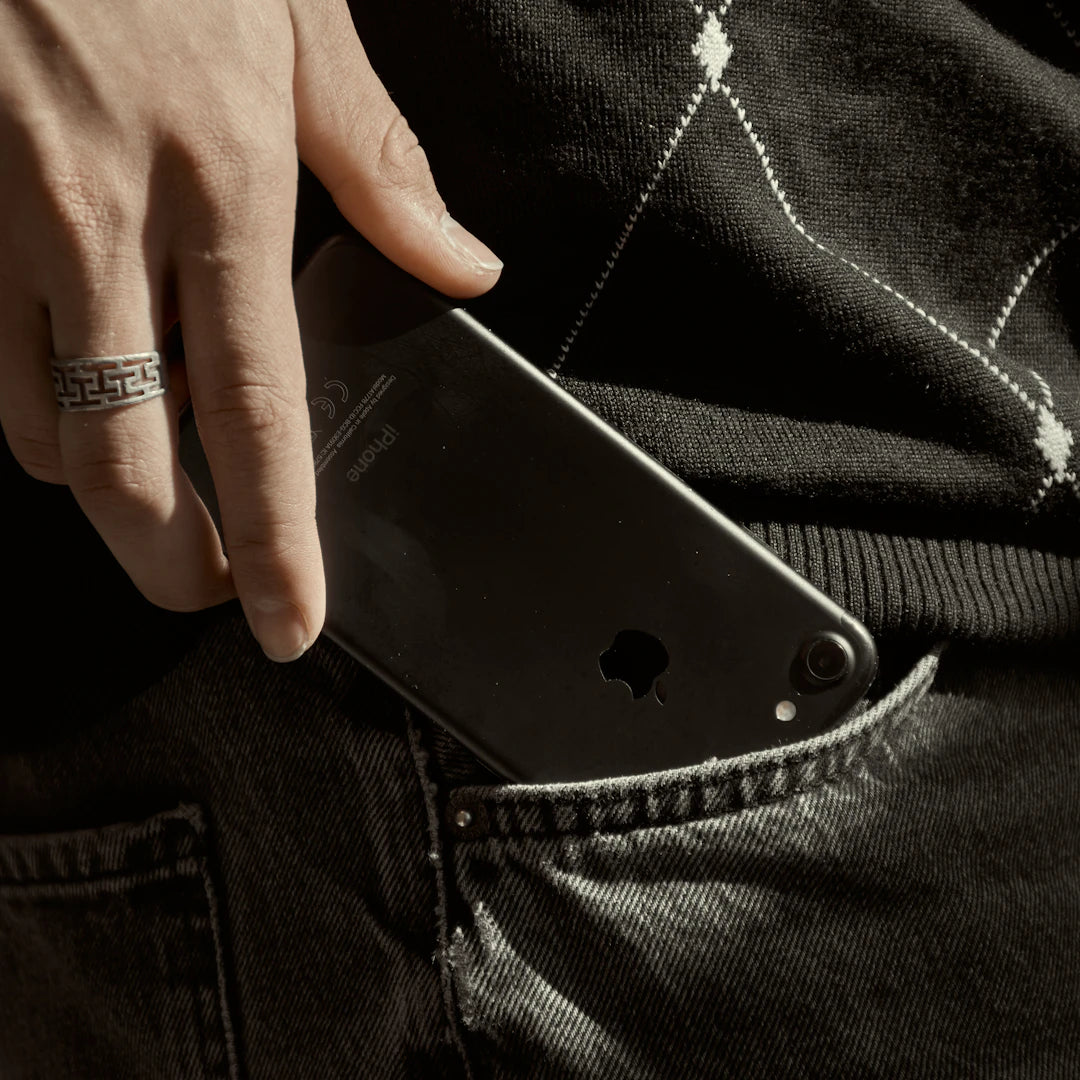



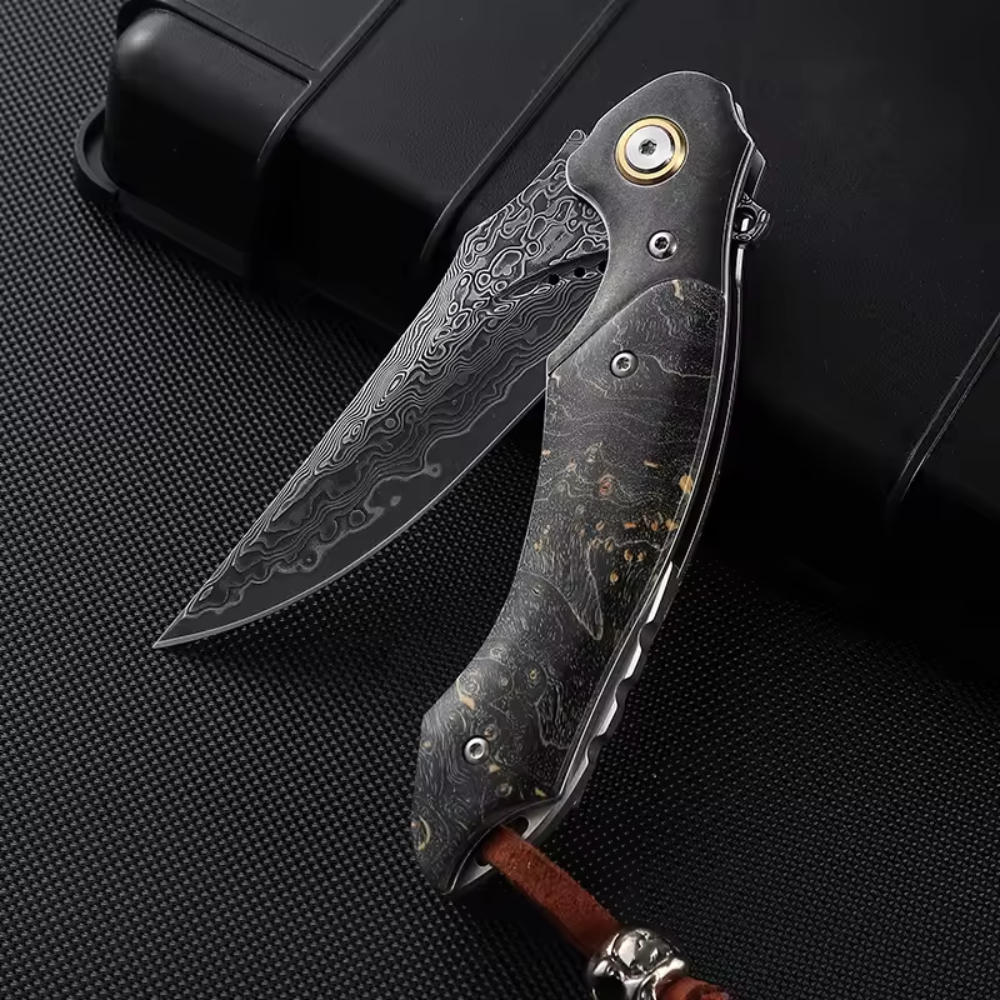
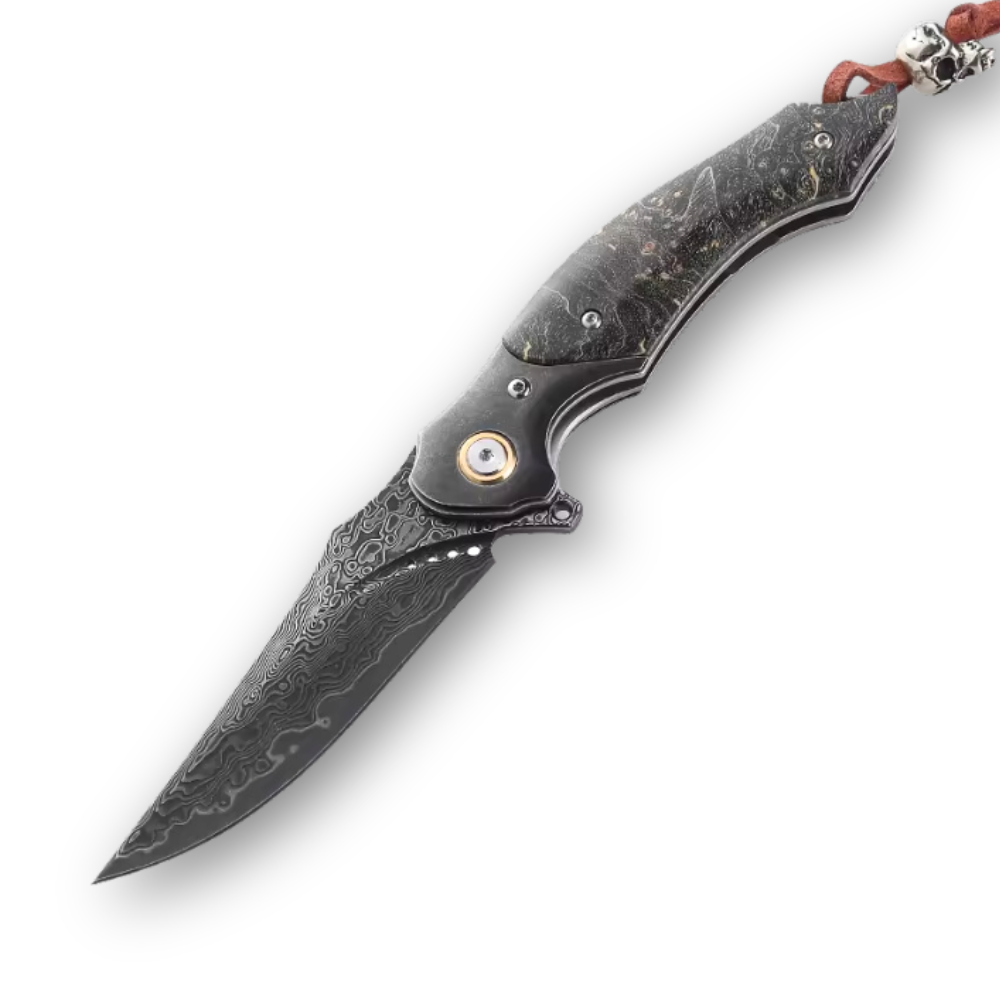
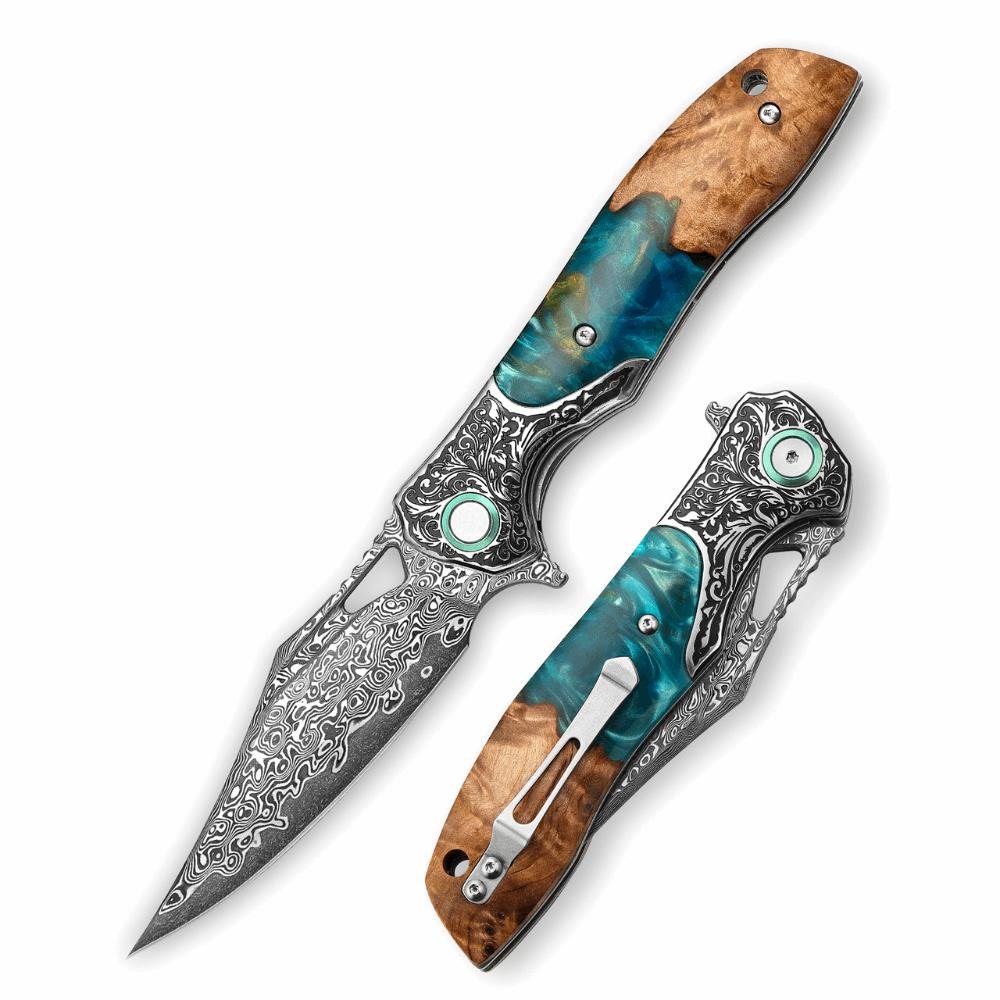
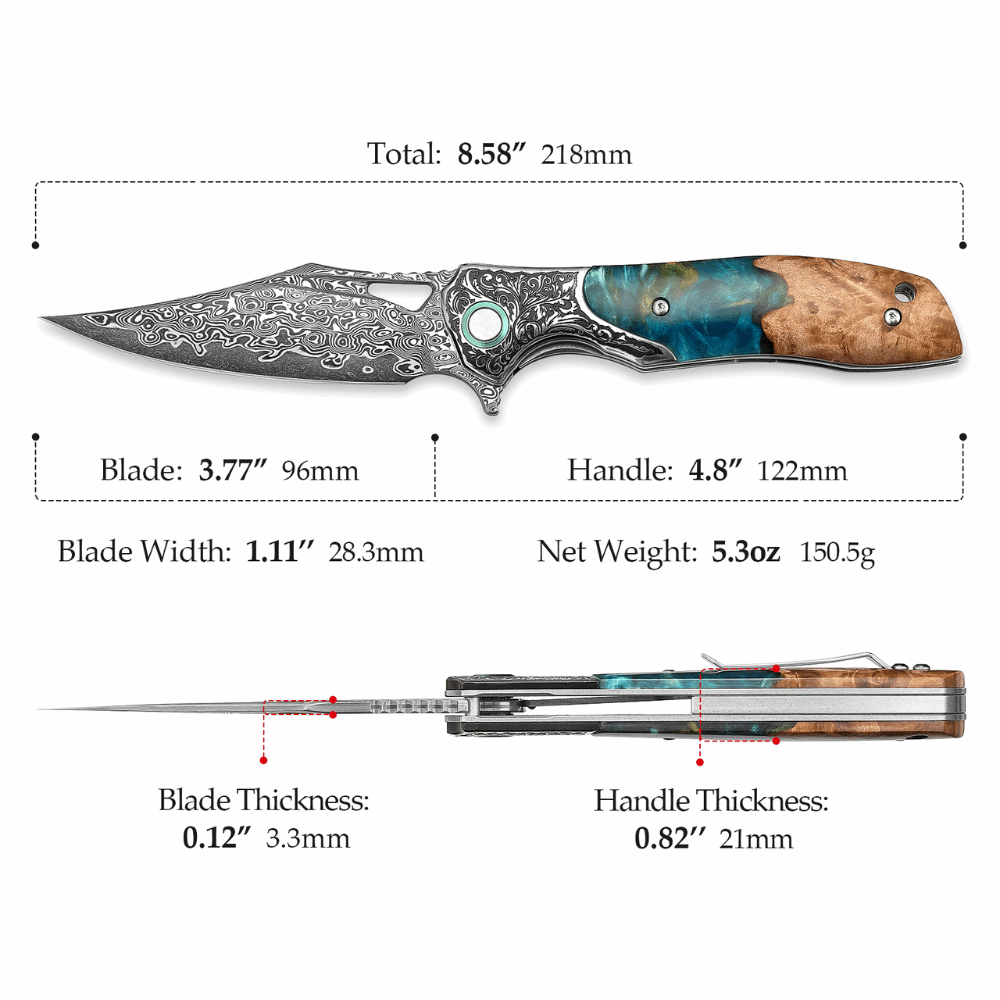
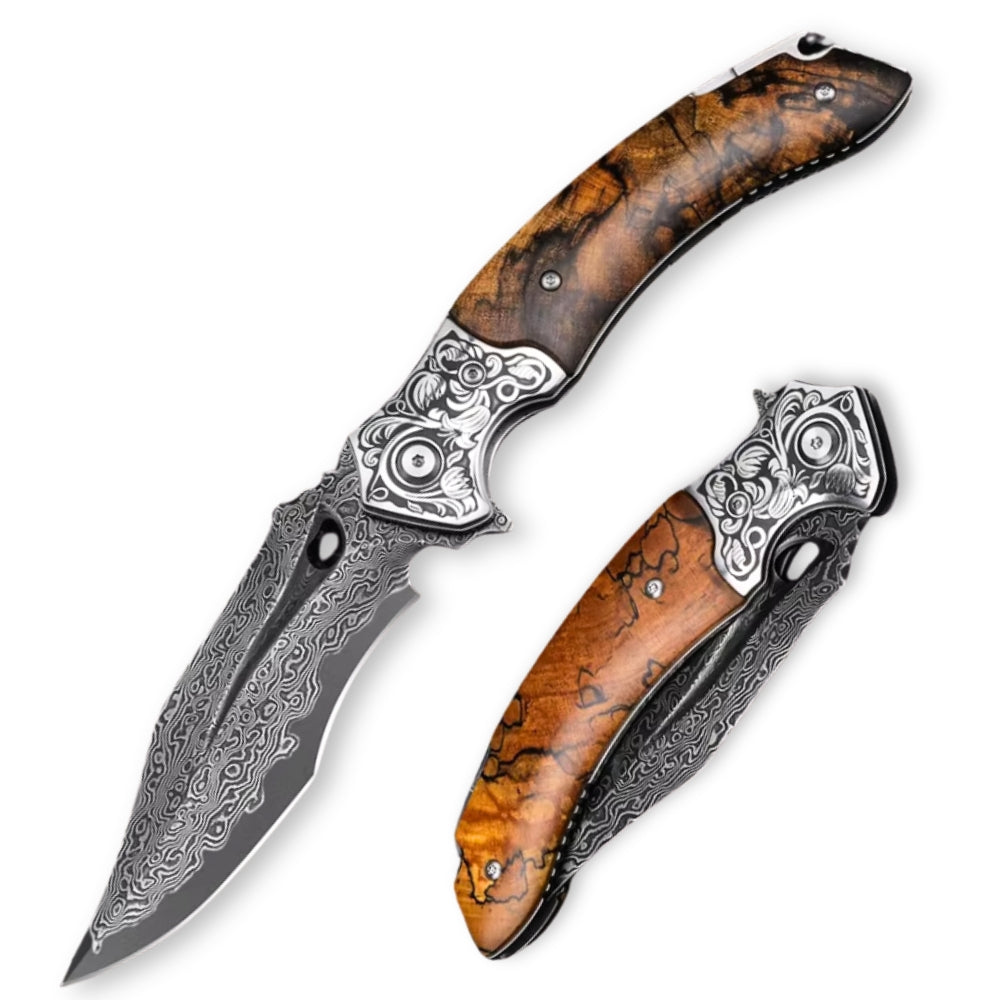
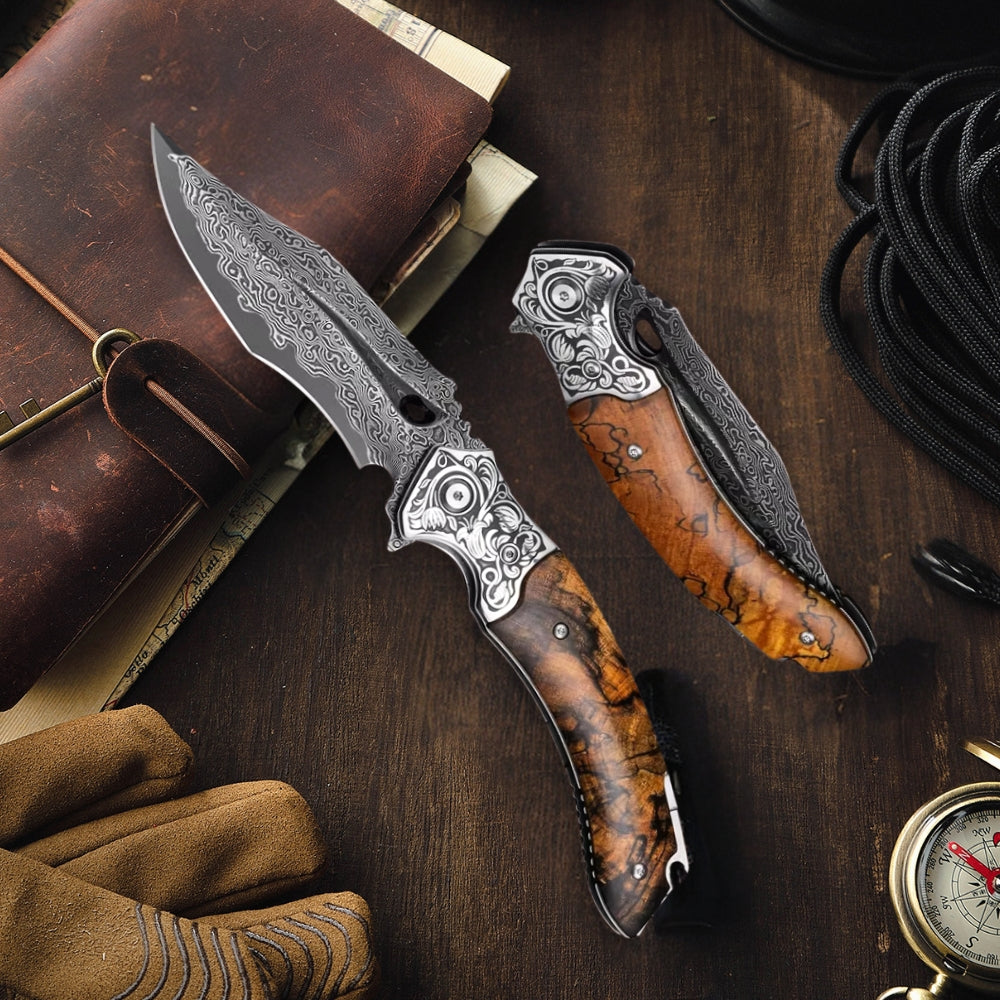
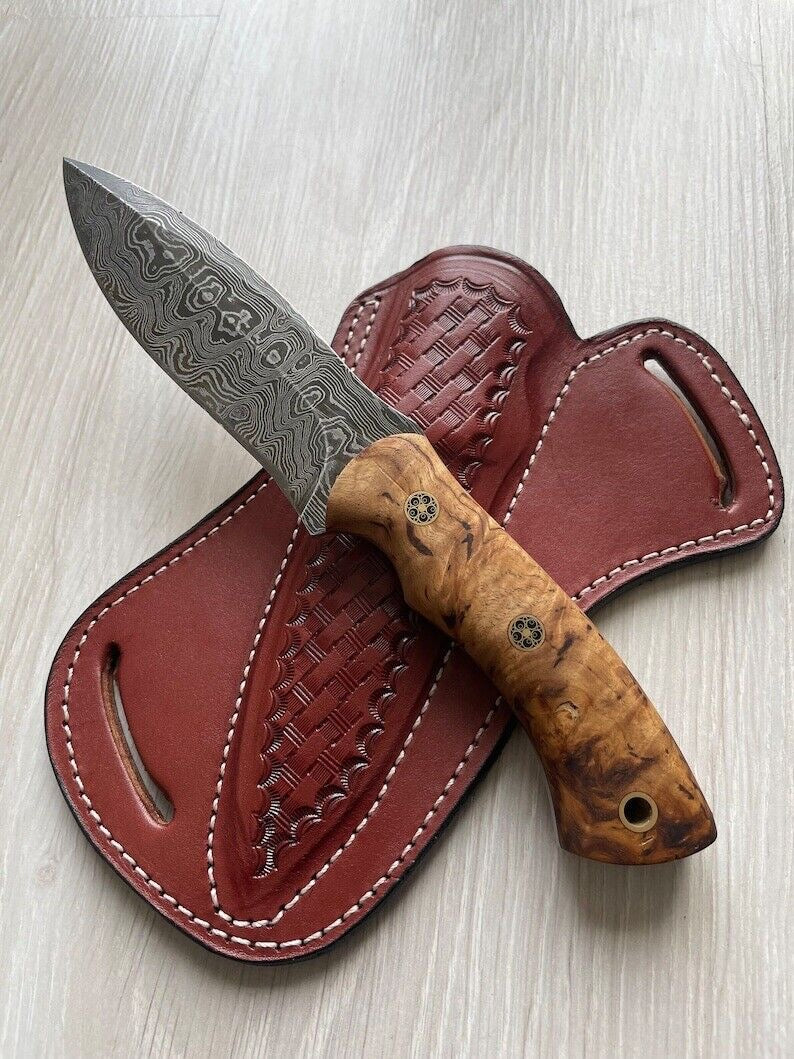
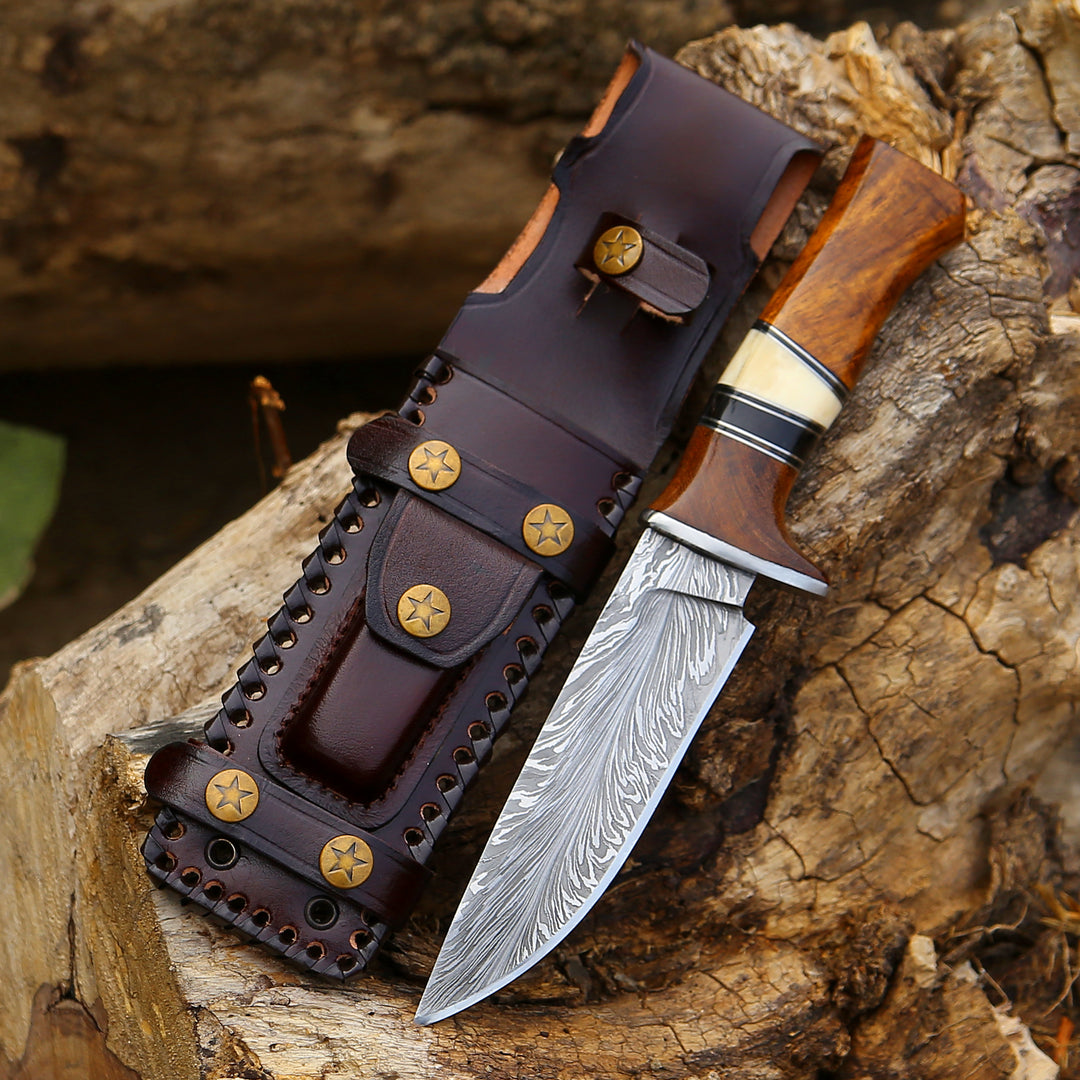
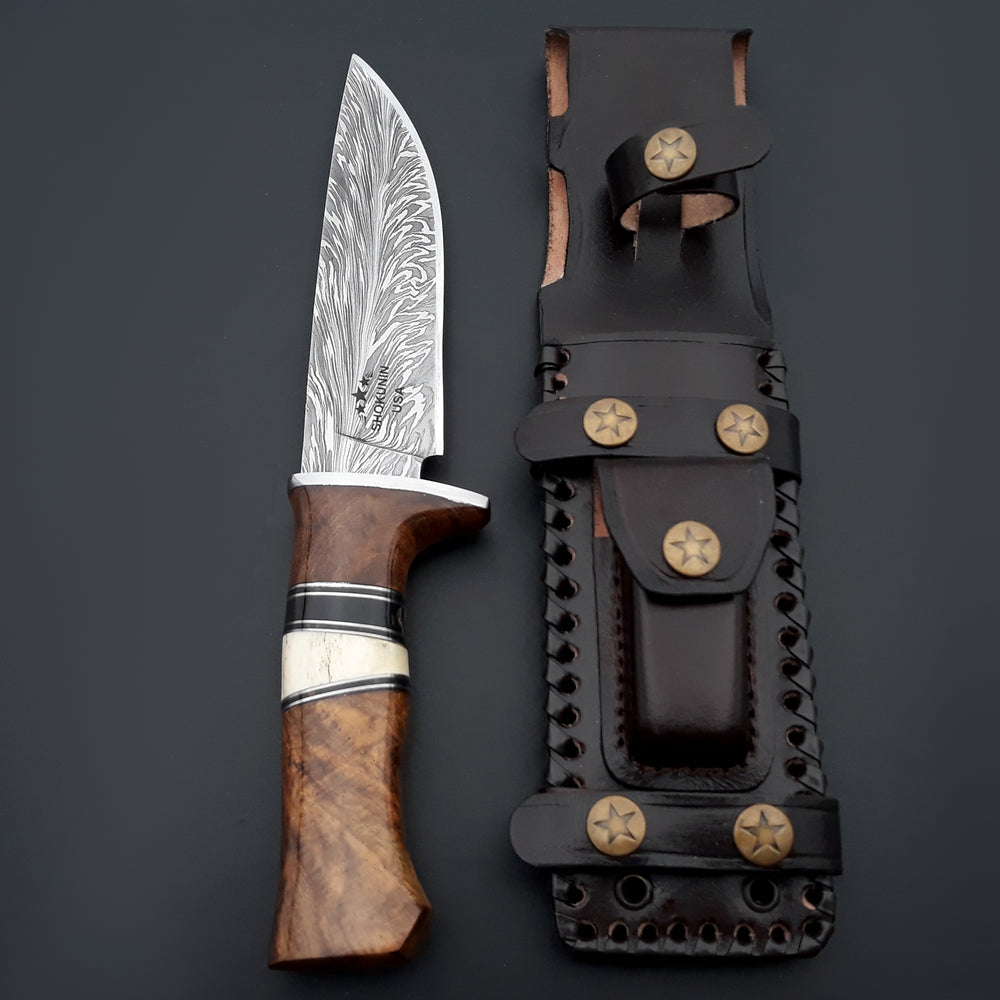
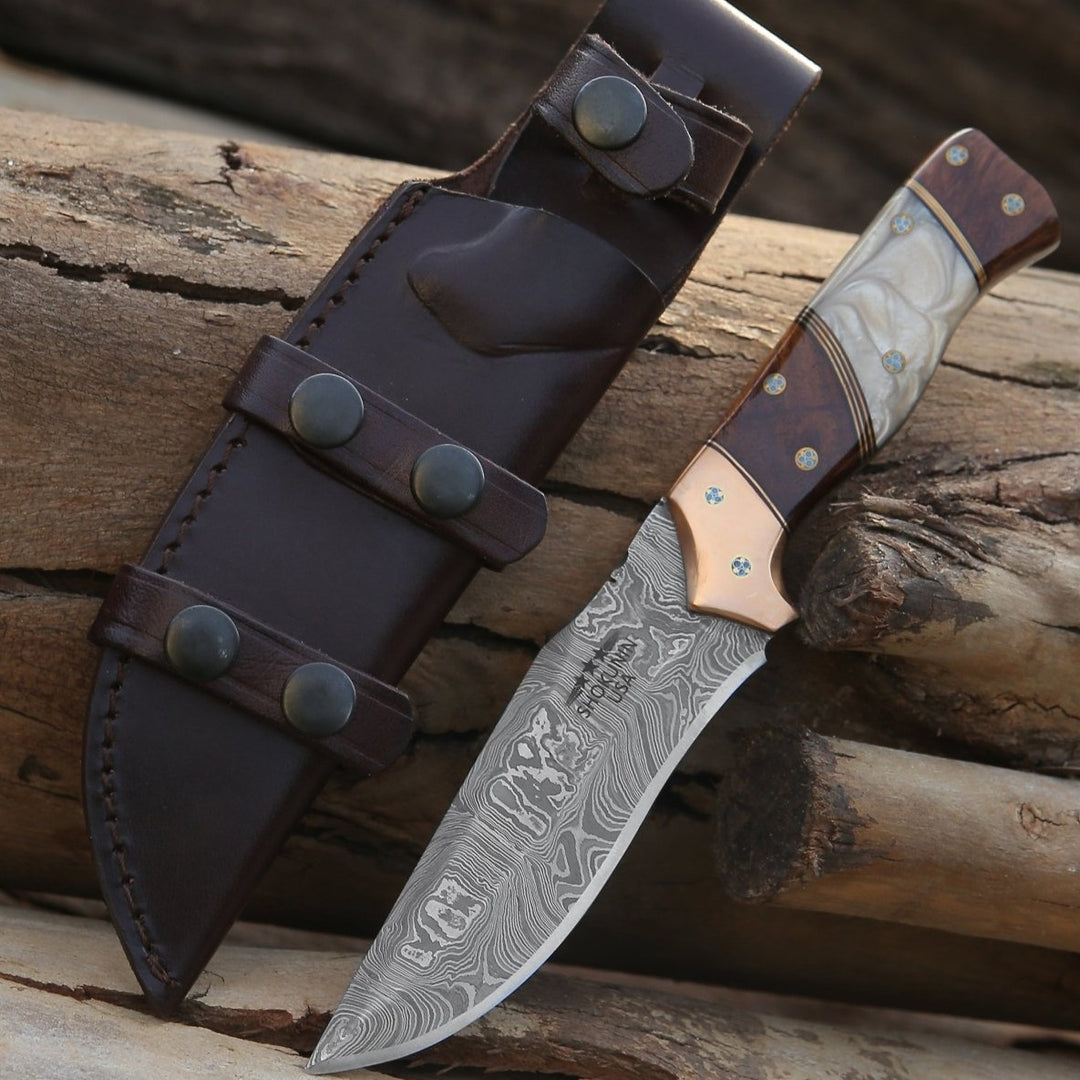
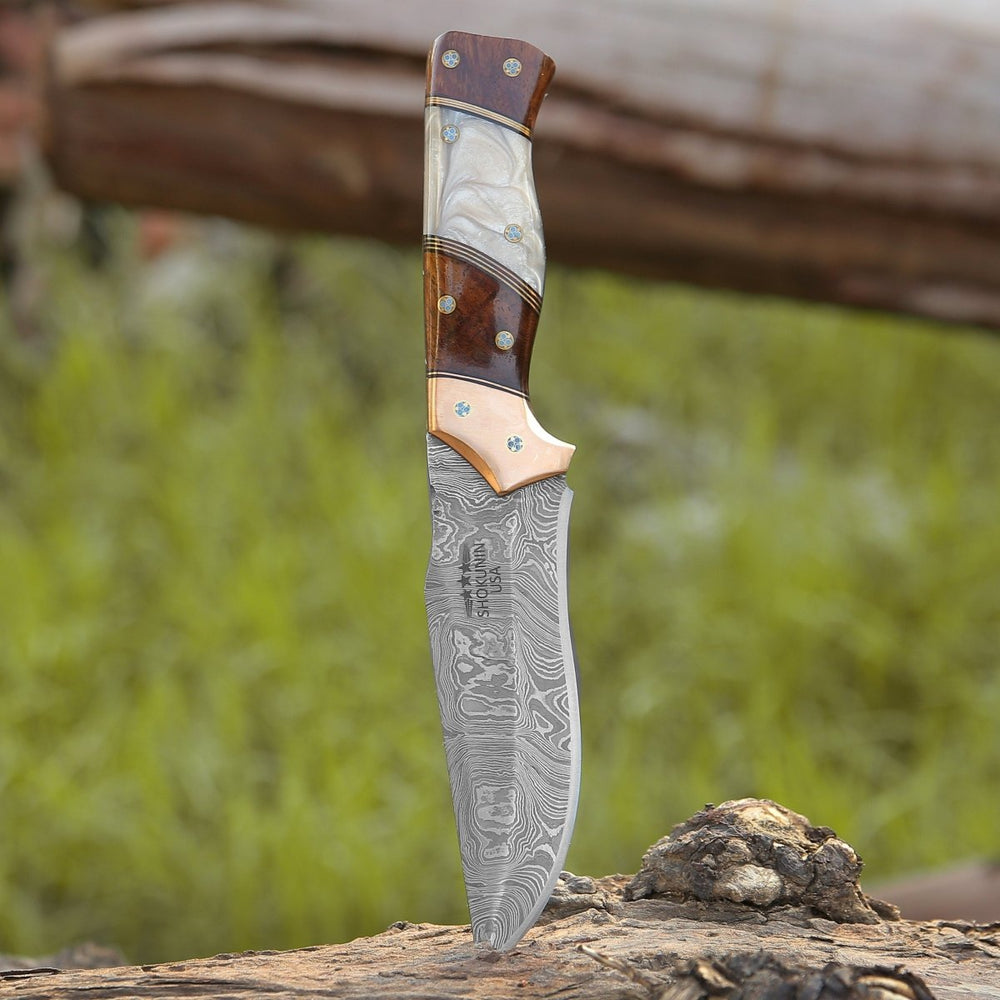
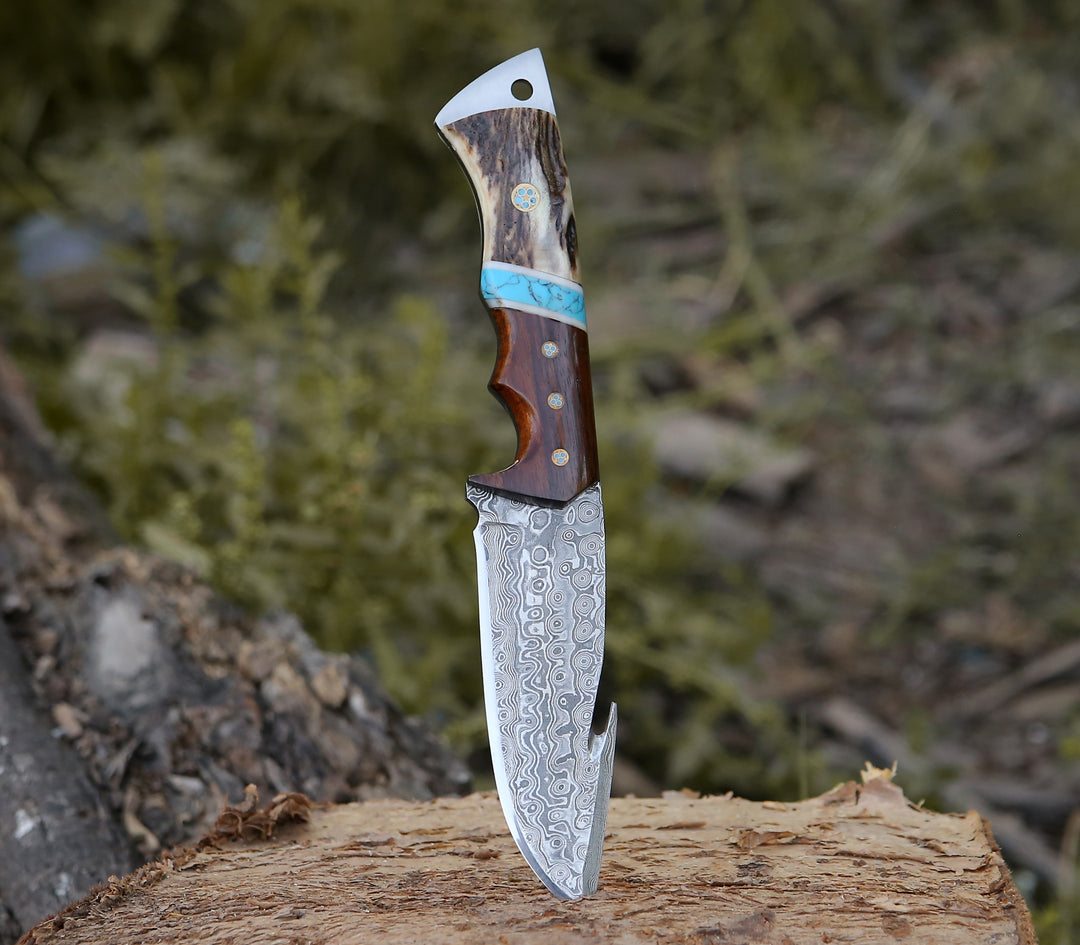
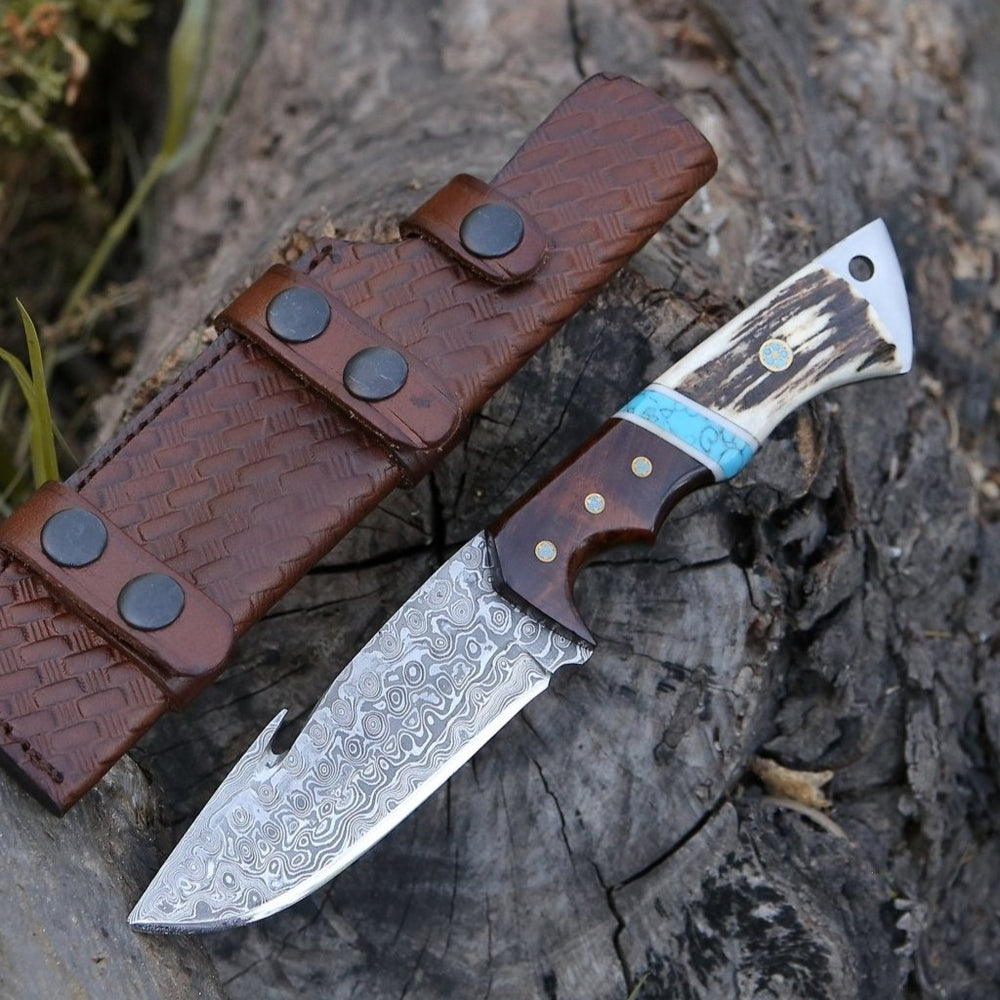
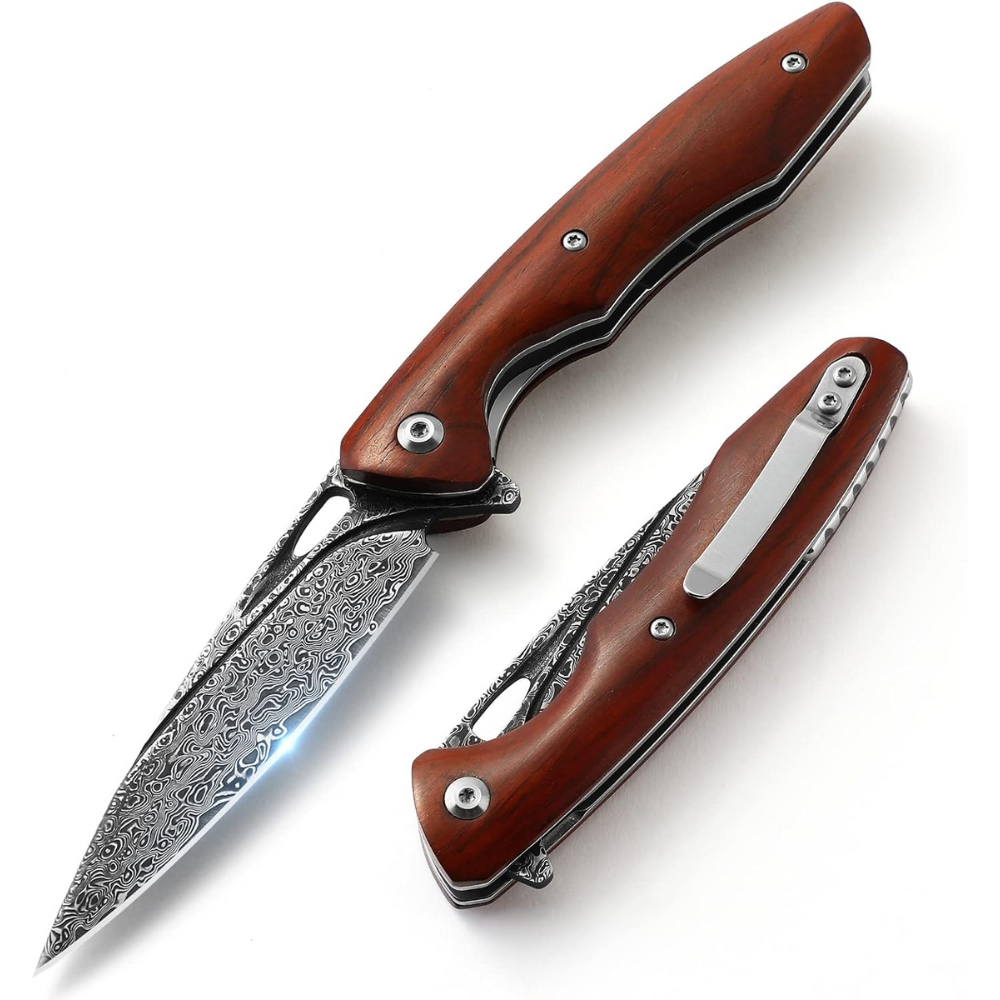
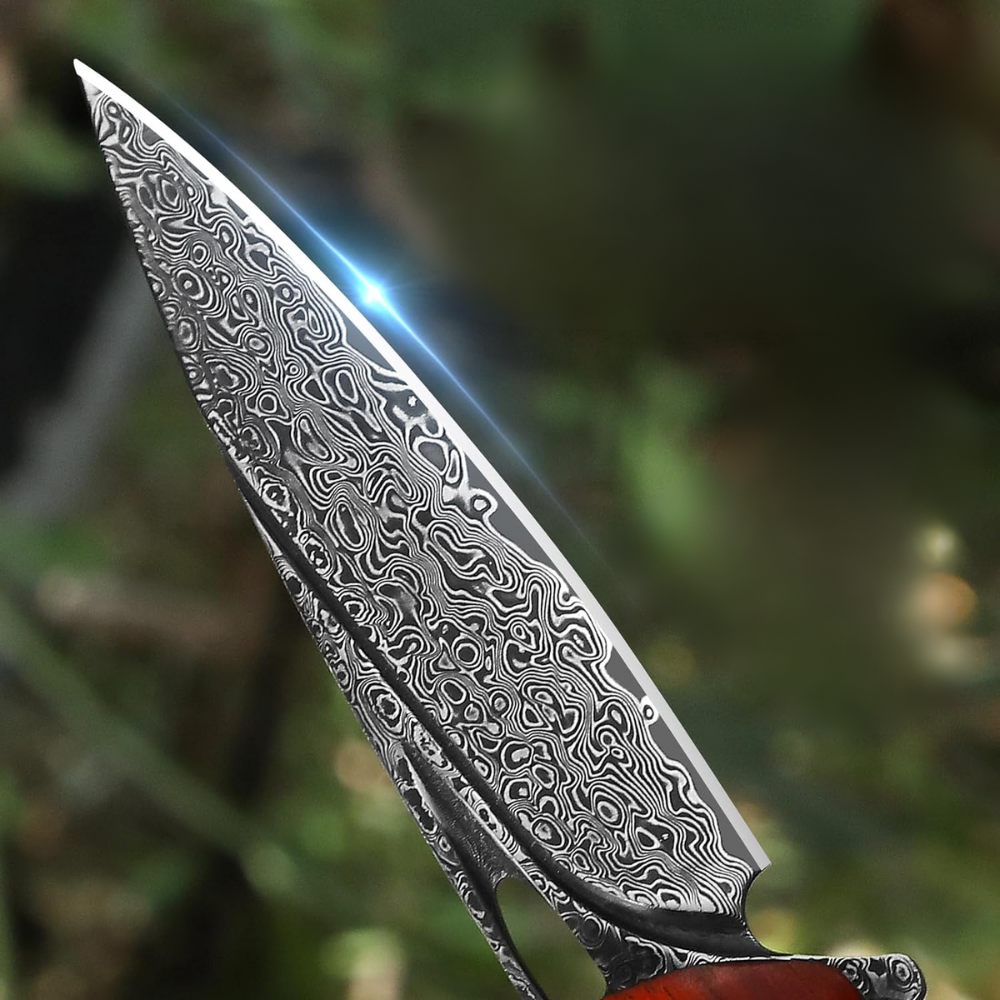
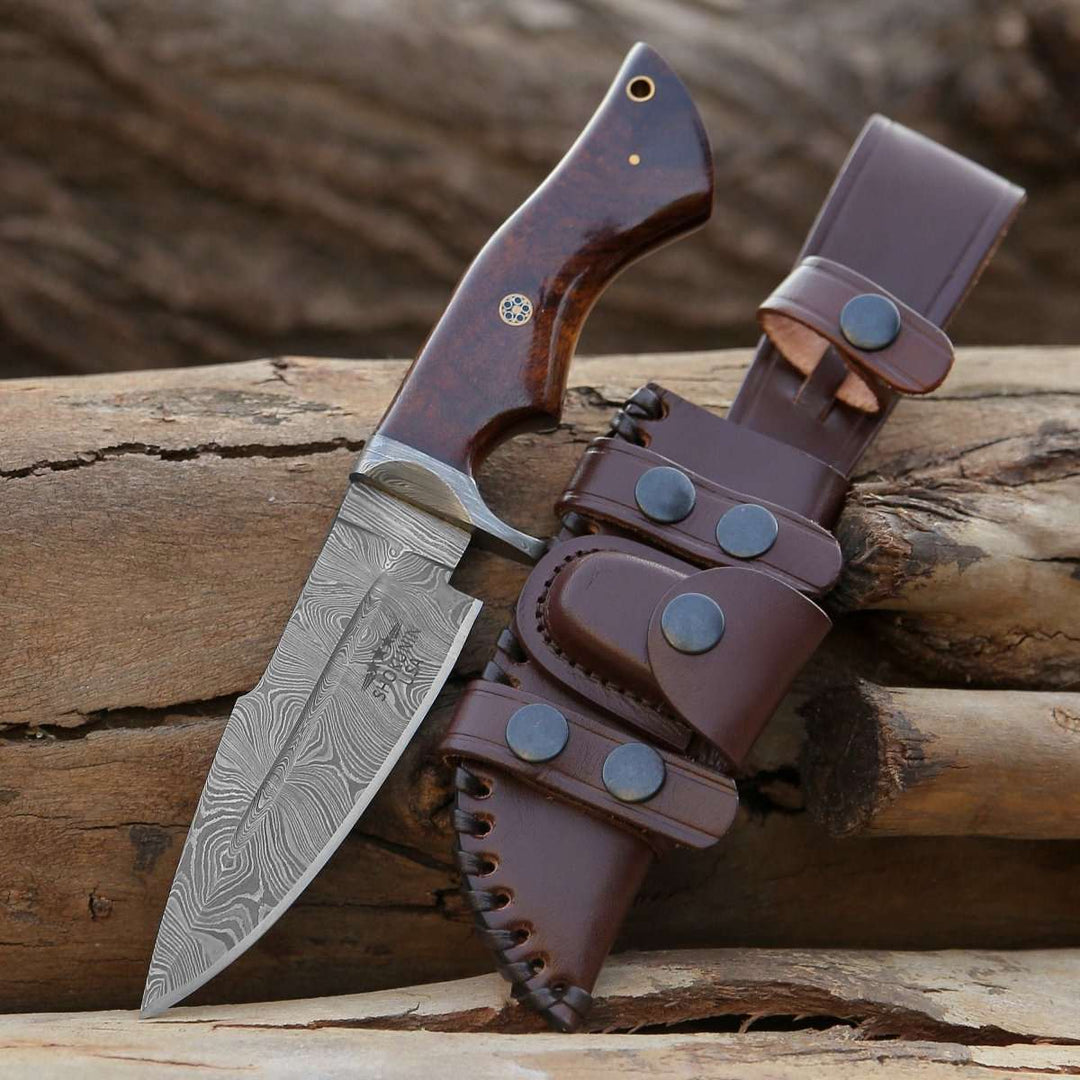
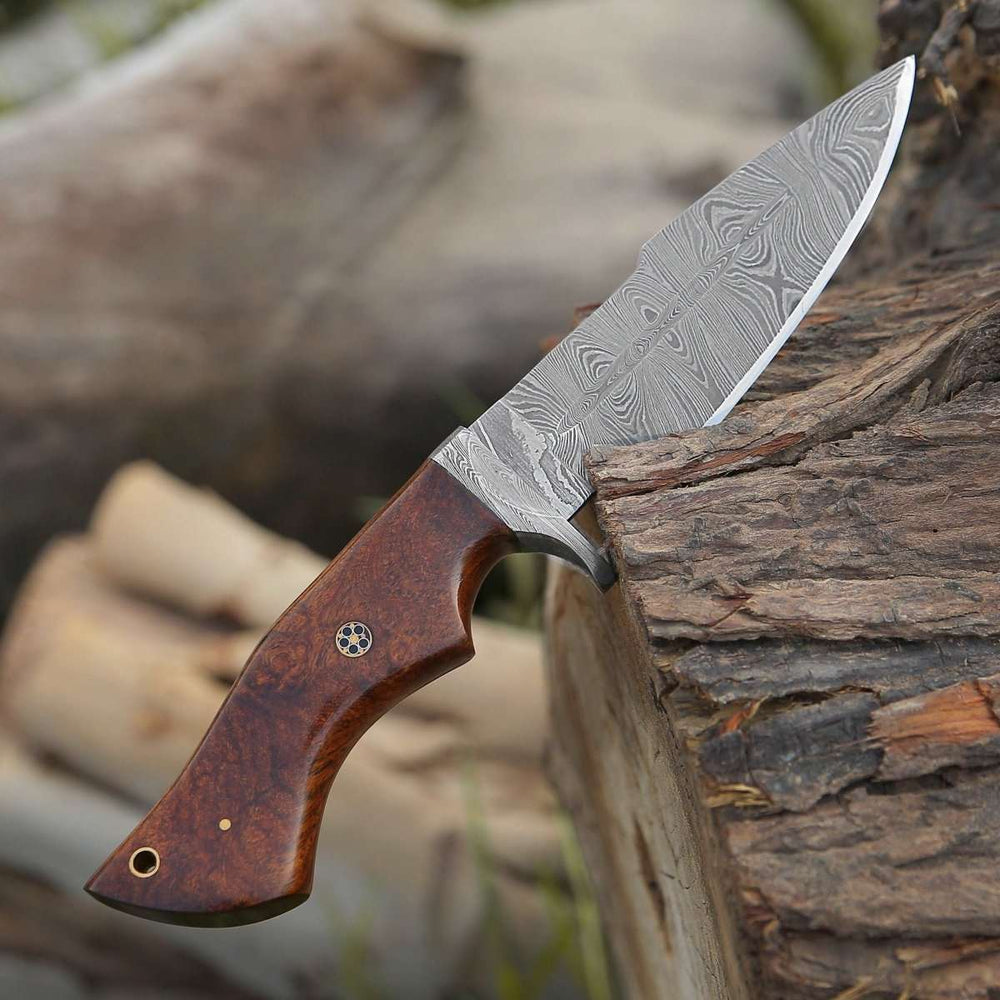
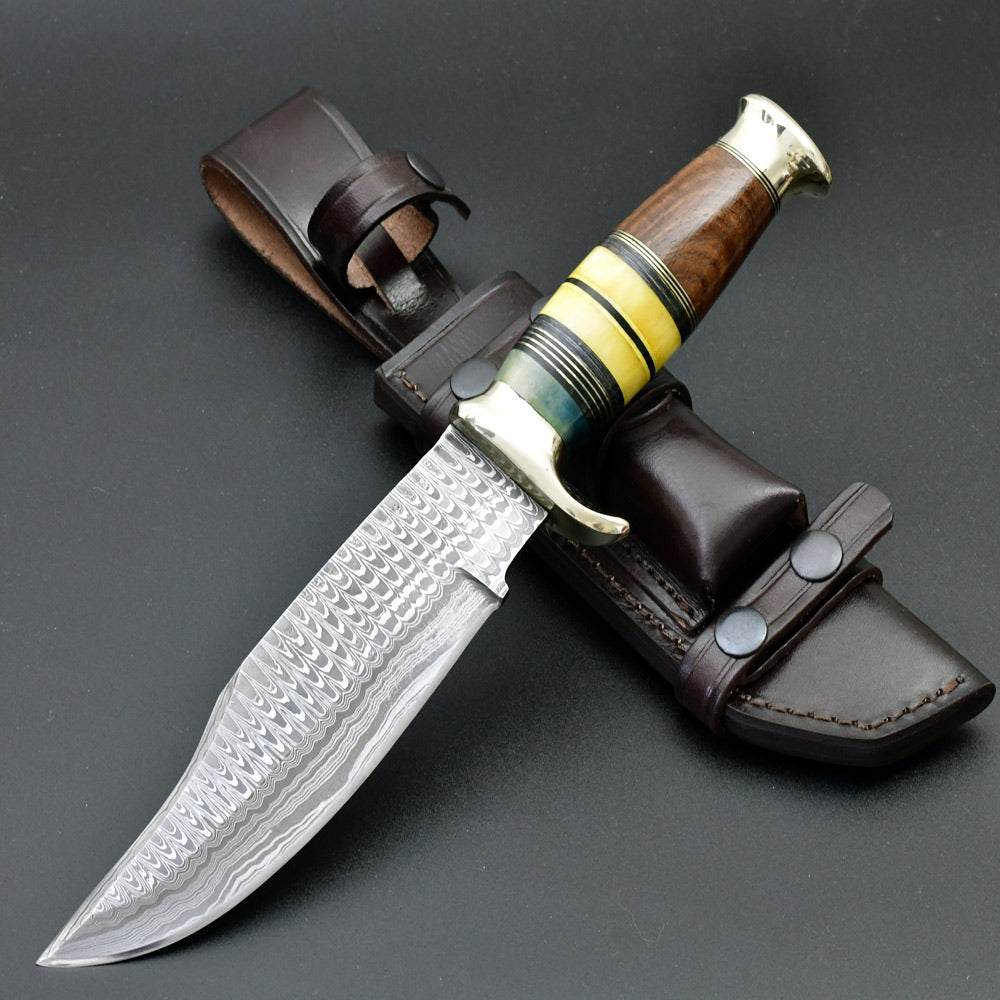
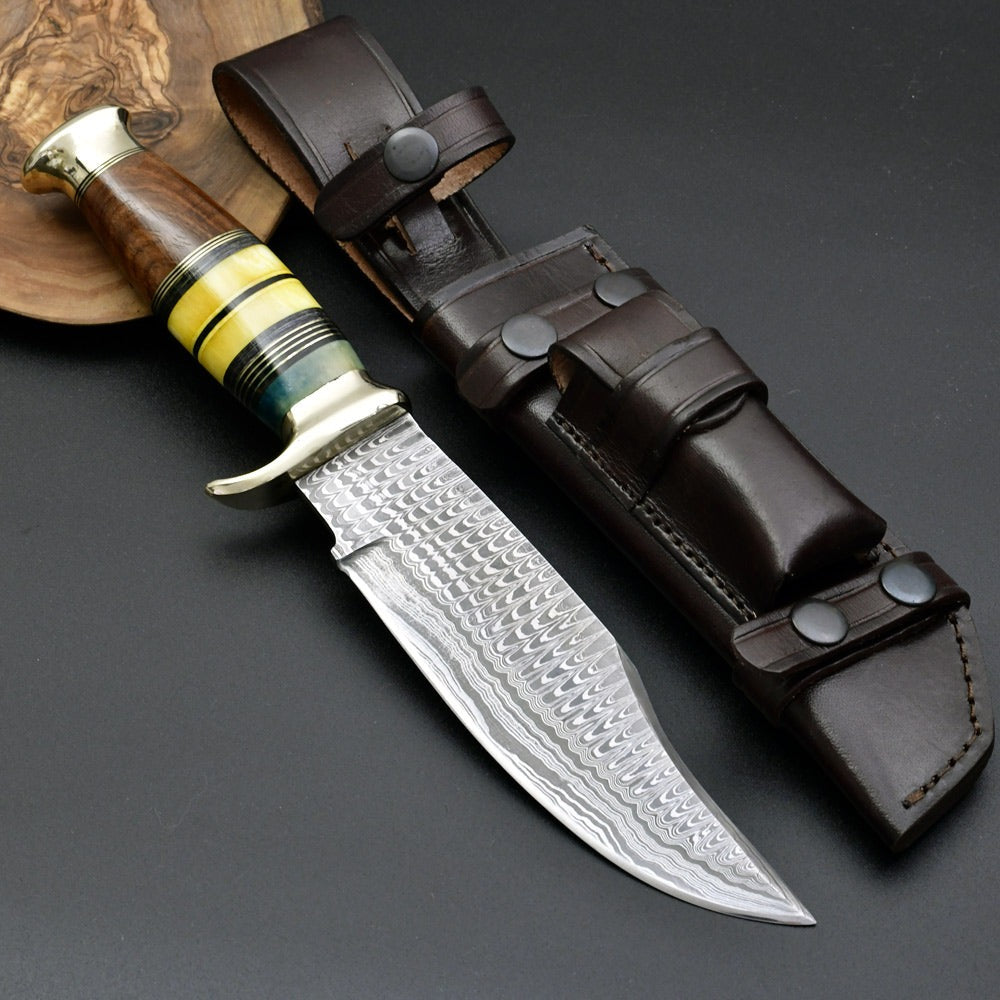
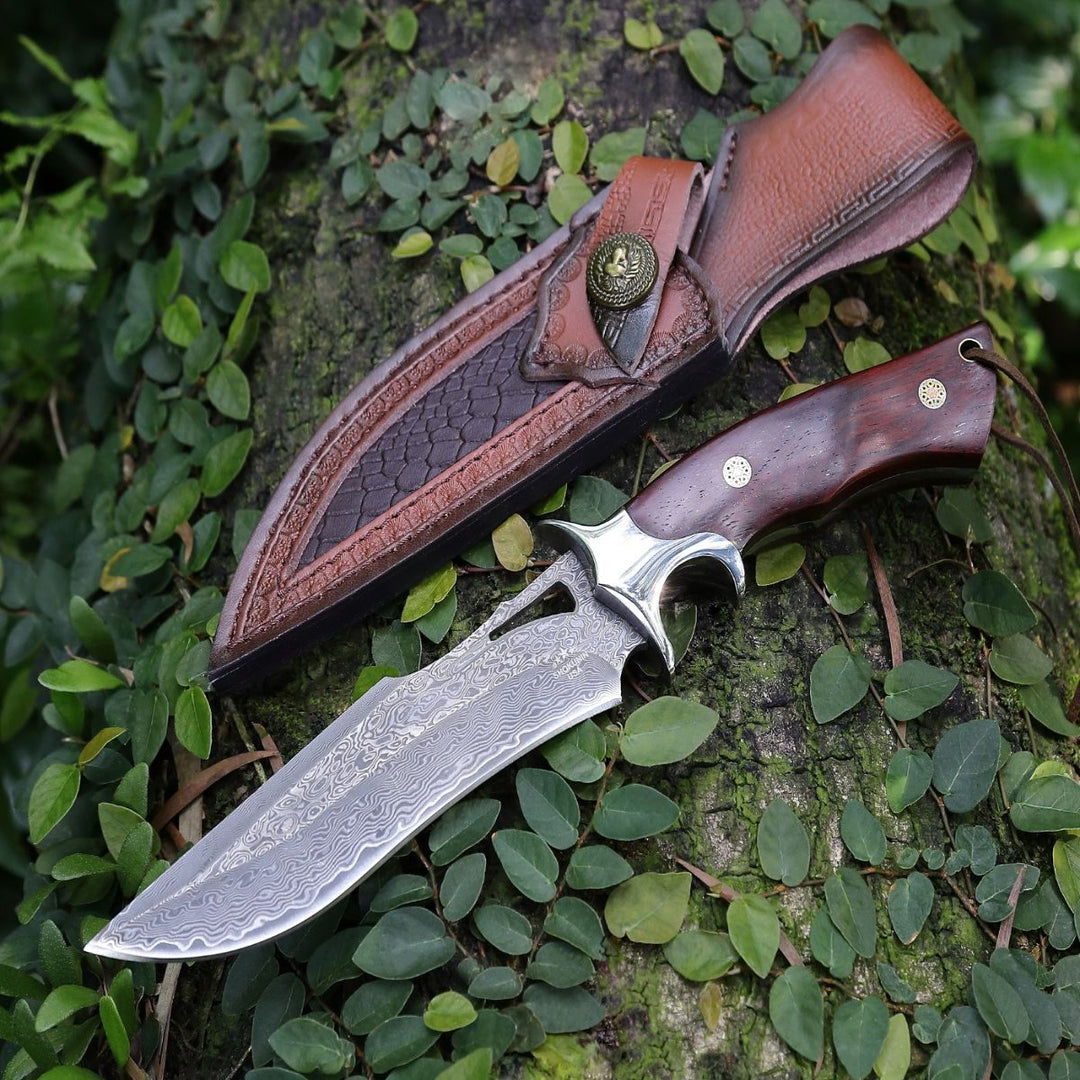
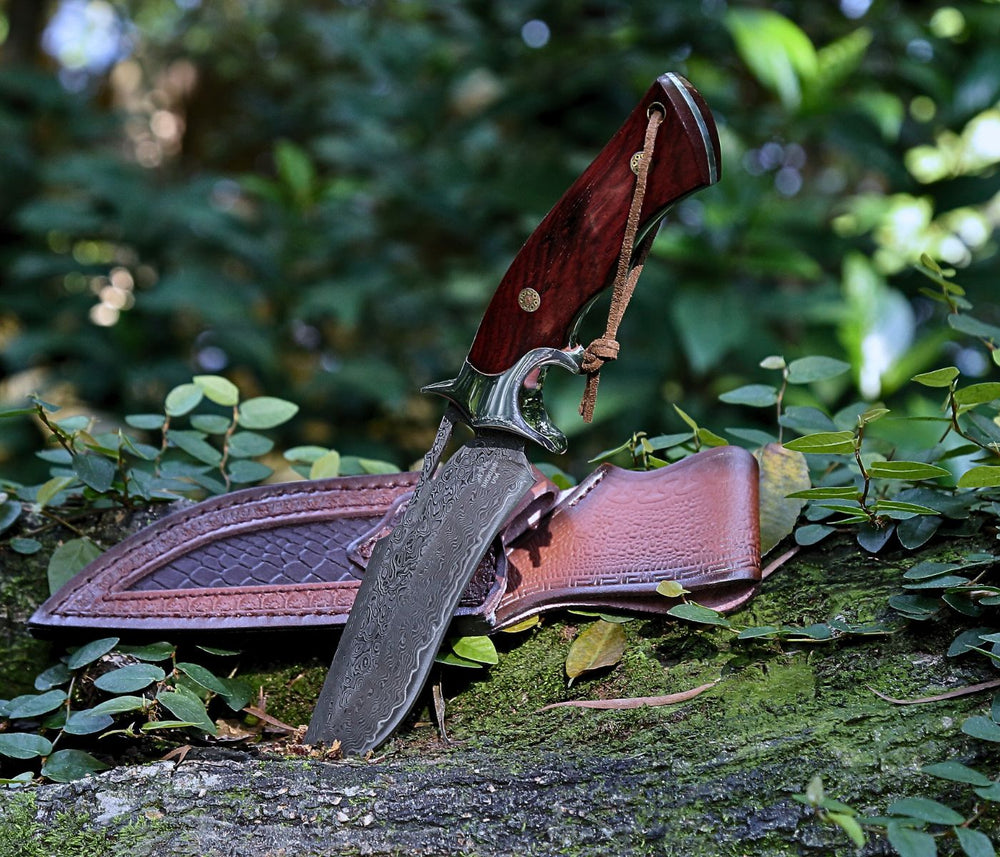
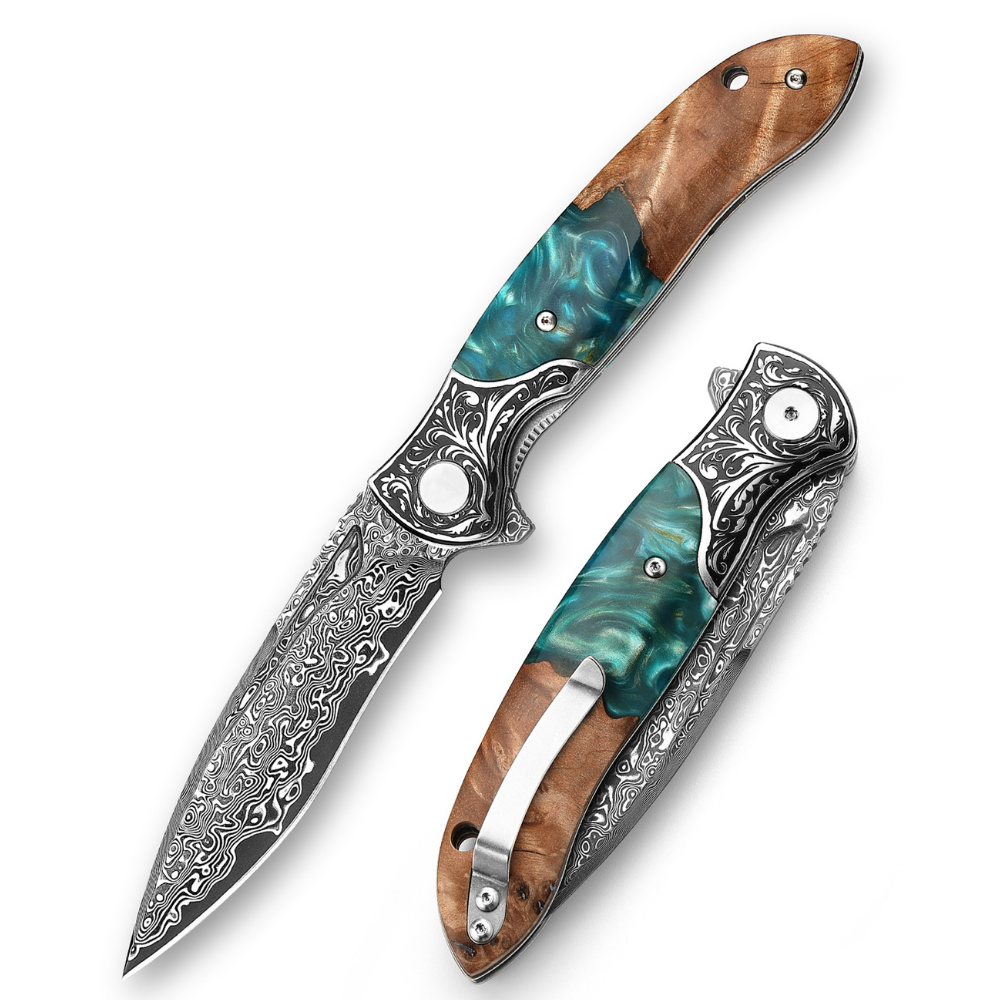
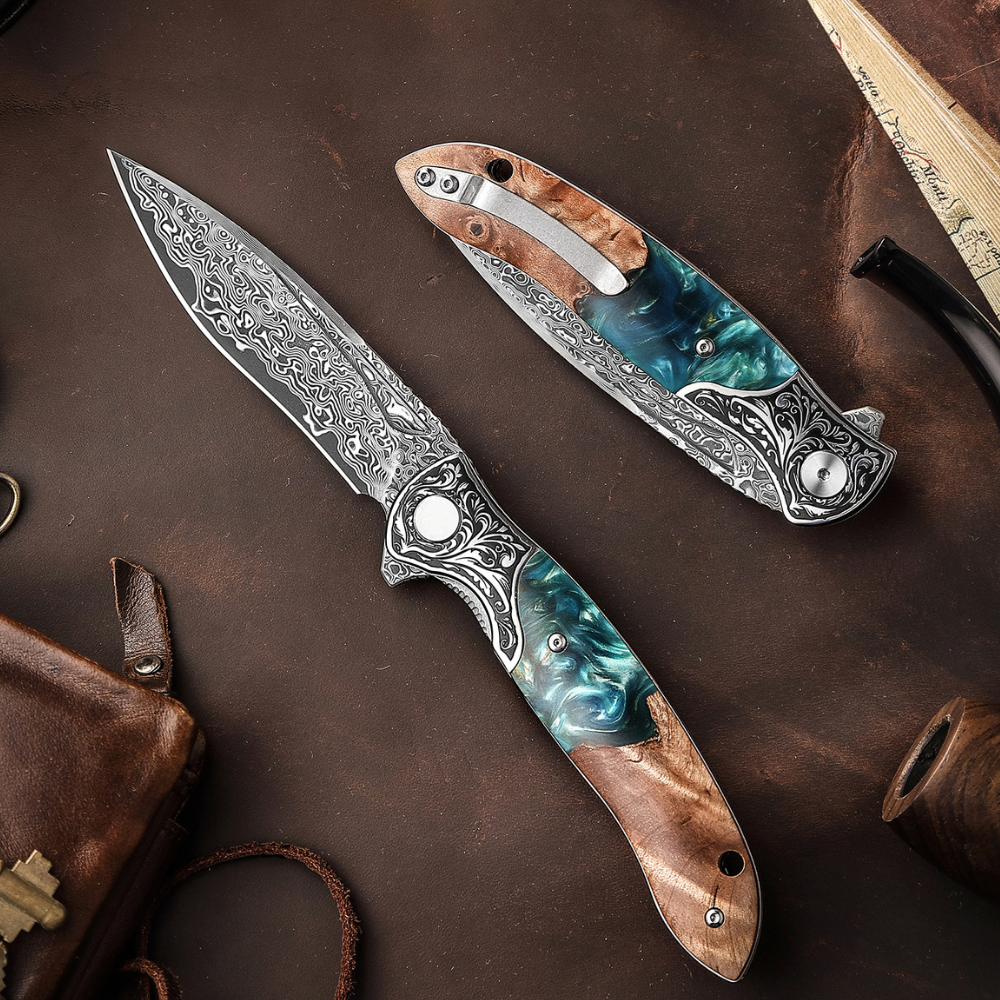
Dejar un comentario